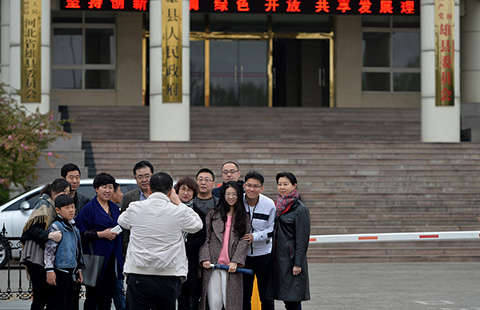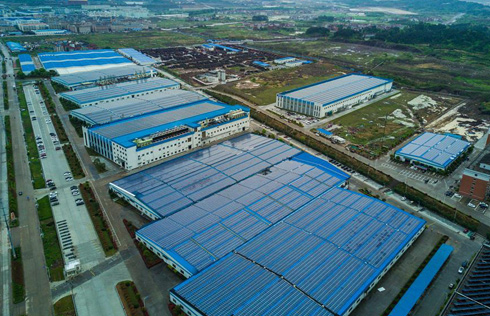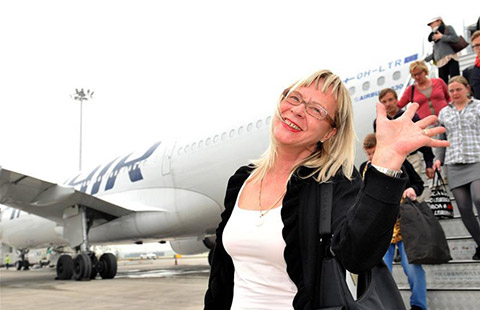

Admittedly, it would be wrong to ignore the major shift in sentiment toward gold in 2012, at least among Western investors. Gold appeared to have moved from being regarded primarily as a safe haven and inflation hedge to being treated as just another risky asset. Since gold had already doubled in price since 2008 - and provides no income - it is understandable that it might look less attractive to many investors, especially when equities have been doing so well.
But there are still some important supports. One is continued healthy demand from emerging economies, both from central banks and from households in countries such as India, as well as China. Another is the prospect of an extended period of very low interest rates in the US, Europe and Japan.
Looking ahead, a number of factors could still lift gold to new highs. The true test of a safe haven comes in bad, not good, times. Here the key point is that the financial crisis in the eurozone is far from over. It also seems premature to dismiss gold's appeal as a hedge against inflation. Thus far, inflation and inflation fears have remained low in the West, despite the massive monetary expansion already in place (or in the pipeline).
But central banks will have to time the withdrawal of this stimulus carefully. Too late and inflation could take off. Too soon and the resulting increase in market volatility from current low levels could simply shift demand toward gold as a safe haven, more than offsetting any drag from higher interest rates.
These are of course factors that individual investors will have to weigh up for themselves. But the appeal of an asset whose value is independent of the creditworthiness of any government or financial institution, and which cannot be created by central banks, may yet prove irresistible again.
We therefore do not expect the current weakness in the gold price to be sustained, provided the risk of an escalation of the eurozone crisis remains high and the global recovery is still fragile, thus keeping monetary conditions exceptionally loose.
The author is head of commodities research at Capital Economics, a leading global macroeconomics research provider.
 The challengers set to take on AlphaGo in May
The challengers set to take on AlphaGo in May
 Top 10 most popular cities during Qingming holiday
Top 10 most popular cities during Qingming holiday
 Xiongan New Area: Govt building becomes tourist attraction
Xiongan New Area: Govt building becomes tourist attraction
 E China's rooftop photovoltaic power station generates 75m kWh of electricity
E China's rooftop photovoltaic power station generates 75m kWh of electricity
 How Chinese gave new life to Maine lobsters
How Chinese gave new life to Maine lobsters
 Pic story of Finnish airline Finnair
Pic story of Finnish airline Finnair
 Cat 'waiters' welcome guests in Beijing
Cat 'waiters' welcome guests in Beijing
 Farmers harvest tea leaves before Qingming Festival
Farmers harvest tea leaves before Qingming Festival